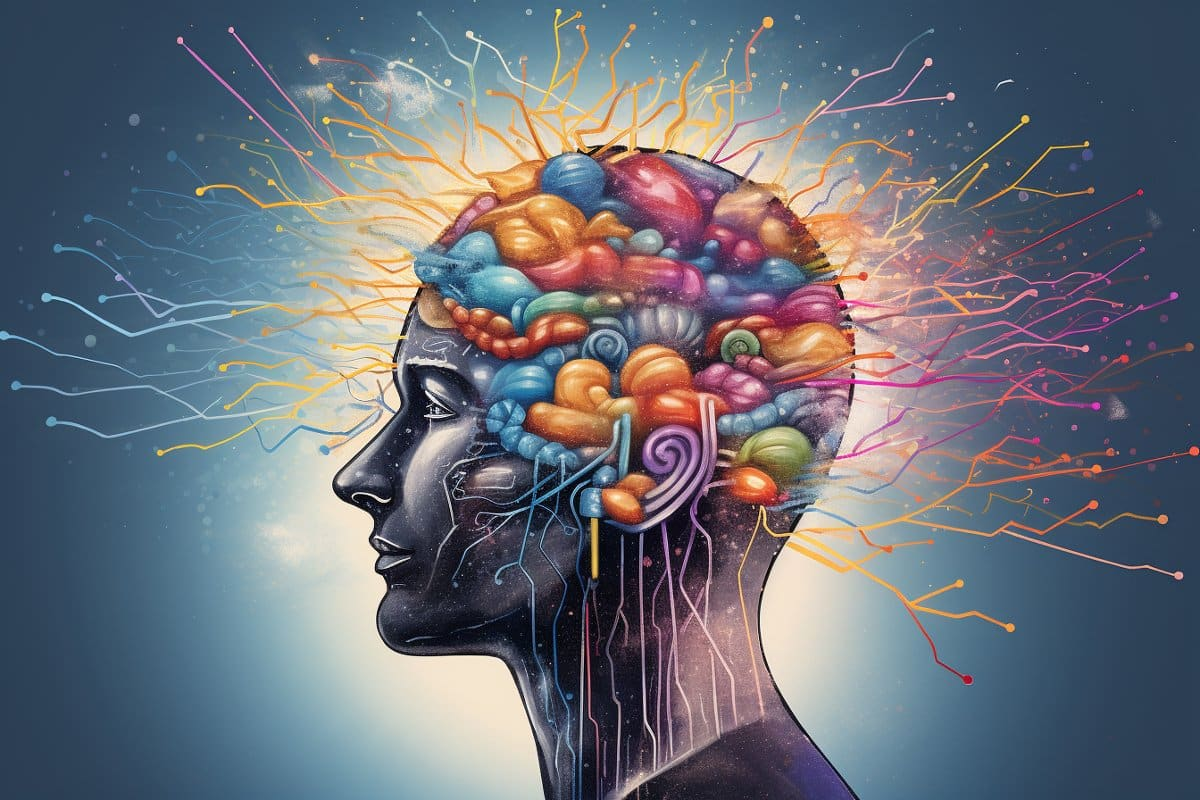Anirudh Week 13: The Dichotomy at the Heart of Memory
The ability to remember past events is a gift bestowed upon us from the moment we are born. Every second, our mind captures the moment and stores it in its seemingly infinite memory. This memory can either be retained for a long period or be forgotten quickly.
Especially as high school students, our ability to memorize things is crucial. Many of our assessments require us to thoroughly memorize the content. This can be seen with the novel tests this year in AP Lang—we have had to remember quotes, events, and characters’ attributes, which could only be accomplished through our memory.
I think we all know that in the Marvel franchise, Tony Stark always learns from his mistakes. However, a key part of fixing past errors is remembering what was done wrong. Stark looked back on where things had gone wrong, which allowed him to prevent those mistakes from occurring again. This process forms the basis of virtually everything that we learn in life. From learning how to ride a bicycle to learning a new concept in school—we make mistakes and fix them by remembering not to do certain things.
I could keep enumerating examples to demonstrate the benefits of memory, but I want to consider its consequences as well, which are arguably as important as its advantages.
One particular situation that comes to mind is remembering embarrassing moments. In my experience, humiliating times somehow manage to remain in our memory no matter how hard we try to forget them. They are unintentionally conjured at random times and always fill us with embarrassment. While this is not too harmful for us, it does become a nuisance.
Another, more adverse, consequence of memory is hindering a person’s development. As I mentioned above, we can remember what we did wrong and avoid doing that again. However, the memory of those mistakes could have detrimental effects on us. It is common knowledge that motivation is an essential aspect of achieving one’s goals. Remembering our mistakes could demoralize us and make us believe that we are not fit to succeed. It creates a fear of repeating those errors, which persuades people to simply give up. In this way, memory plays a negative role in our lives.
My goal with this blog was to illustrate the two-sided nature of memory. I have to admit—it is strange that this inherent ability of humans can be extremely beneficial yet extremely harmful. In my opinion, memory is overall a useful tool that improves our lives, even though there are certain aspects that I wish I could remove.
And to the reader, I pose a slightly altered question: would you rather be able to remember everything or forget everything immediately after it happens?



I liked this nuanced attempt to explore memory in its entirety, including both its benefits and potential pitfalls. I think you achieved your goal of illustrating the multi-faceted nature of memory quite well by explaining different aspects and consequences of remembering certain things, including examples as necessary.
ReplyDeleteAs for the question you pose, I would easily choose to remember everything over forgetting everything immediately after it happens in a heartbeat. In my opinion, not being able to remember anything would be an incredibly miserable and unfortunate experience—although you might not be able to realize it on account of not being able to remember how miserable it is. You would not be able to understand or speak coherent language or remember how to do anything at all that isn't instinctual. You would be like a newborn baby, with no understanding of what is dangerous or not.
For me, the disadvantages of not having memory at all far outweigh the benefits, although there certainly are downsides of being able to remember certain things. A more extreme version of the example you give is PTSD with flashbacks, which is quite harmful to a person's wellbeing (although it is also possible to have PTSD for events that you cannot actively remember).
Overall, this was an interesting read!